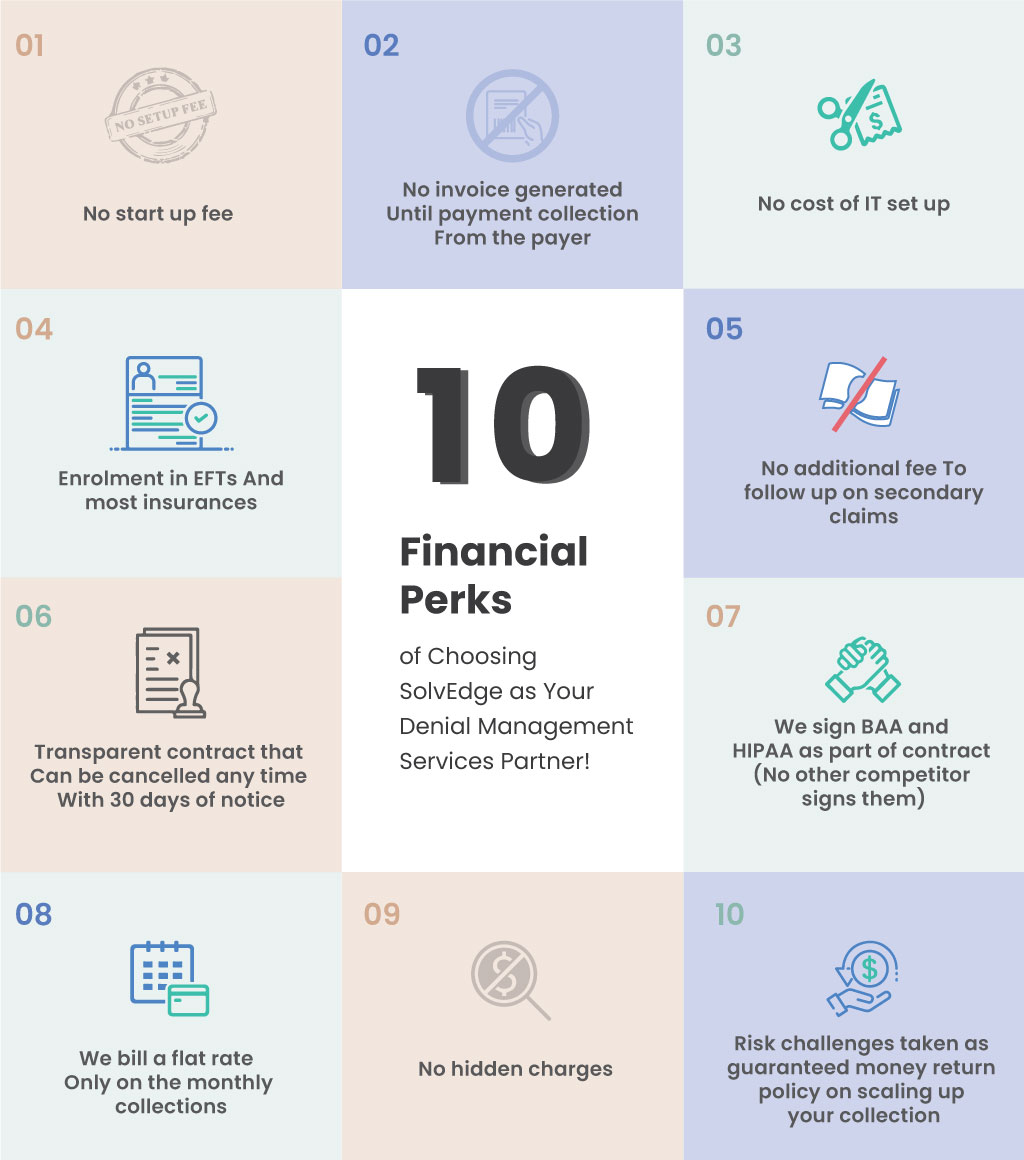Denial Management Services
Medical Claim Denial Management Process: 6 Key Considerations and FAQs

Blog
Medical Claim Denial Management Process: 6 Key Considerations and FAQs

This approach has helped us identify some of the key considerations around denial management. In this blog, we’ve selected the most common FAQs of denial management teams across hospitals and medical Practices, and how best they can be addressed.
In our 4Clover Approach to Denials Management, our team of strategists and technologists have designed a unique four-step strategy for effective denial management in healthcare—to reduce denials, while fostering timely and accurate reimbursements. This approach has helped us identify some of the key considerations around denial management. In this blog, we’ve selected the most common FAQs of denial management teams across hospitals and medical Practices, and how best they can be addressed.Let’s dive in.
Claim denials could make or break your revenue cycle. Here’s how you can identify the root cause of your Claim Denials
Spending More Time Managing Denials & Worrying about Getting Paid, and Less Time on Creating Amazing Patient Experiences?
At SolvEdge, our denial management programs and prevention strategies are uniquely designed to reduce the spiking denial rates, while having a proactive approach to denial prevention. Our customized workflows help determine the root cause of denials. Once the denial patterns are identified, we create a detailed report that evaluates the recurring causes of claim denials under various categorizations like the Payer, doctor, diagnosis and CPT codes. By leveraging these insights, we implement process improvements to reduce denials and optimize revenues.
SolvEdge’s uniquely designed 4Clover program for denial management is a time-tested and proven approach (with the phases—1. Analyze, 2. Strategize, 3. Discover & 4. Implement) that ensures maximized revenues and collection of every dollar due!

To learn more on how SolvEdge’s denial management services can help improve your collections percentage, Give us a Shout!
From our humble beginnings as a healthcare start-up—to becoming a full-blown healthcare-exclusive digital transformation provider, our journey has been quite a remarkable one. Today, SolvEdge is a leading-edge Healthcare services and solutions provider—trusted by 450+ Hospitals, 3500+ Physicians and millions of patients across the globe.